Oftentimes when a person has an illness, there are physical signs that we can see. This could be hair loss, puffy cheeks, or weight loss/gain. Not all illnesses have these physical signs, but they should be treated as any other illness. I have friends with Endometriosis and Fibromyalgia. I know someone with Hashimoto’s. I have both friends and family members with IBS, diverticulitis, PCOS, and PKND (a movement disorder). These are all considered “invisible illnesses” as most people suffer internally. Some people don’t think the illnesses are equal to other illnesses. These people are wrong.
If you’ve been following my blog at all, you know that my sister has IBS, which is an invisible illness. She was diagnosed about 8 years ago and for a while, she was able to manage it with medication alone. About two years ago, the medication alone wasn’t enough. She was ordered to completely eliminate gluten, dairy, and soy. This has greatly improved her symptoms. It has also completely changed her lifestyle and also effected her family and friends.
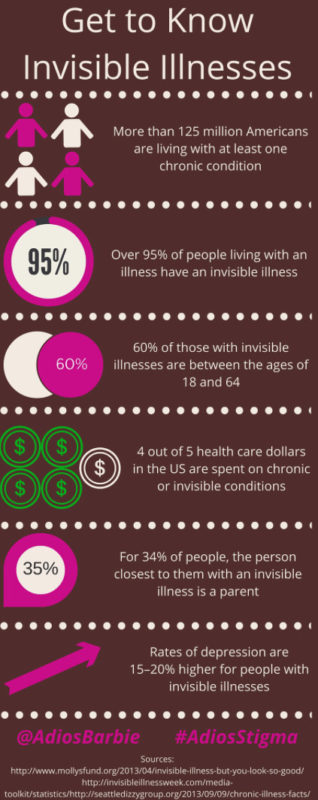
[bctt tweet=”People with invisible illnesses are not invisible ” username=”gfspirit”]
Patience
We all have learned patience with Nikki’s lifestyle change. When we go grocery shopping, every item has to have the ingredients read. Not only does she have to make sure all foods she has are gluten-, dairy-, and soy-free, she has to make sure it complies with the Low FODMAP diet. This diet has items to avoid, items that can be problematic, and items she can consume. For example, apples are high in fructose which causes gas and is hard for the stomach to breakdown.
As you can imagine, this not only effects what restaurants we eat at, but when we travel. In fact, it was on a trip to Atlanta in October 2016 that I decided that I would launch a blog to help others like her. She really struggled to find food that she could eat. We had to make sure she had snacks for the drive and for the hotel. When you’re traveling, most places off the exits are fast food. Fast food is generally a big no-no. Most gas stations (even QT) don’t have options for her. That can be hard when its late at night and there’s barely anything open. We were in Atlanta for the final Braves game at Turner Field and we also went to Zoo Atlanta while we were there. Nikki didn’t eat at either place because we weren’t sure what she could have. As with many things, you don’t think about things like this until it’s brought to your attention or you experience it first hand. I had an “A-Ha moment” and realized that there are thousands of people like Nikki who struggle to find food to eat when they are outside of their home. I’d been kicking around the idea for a blog for a while and this trip made it click.
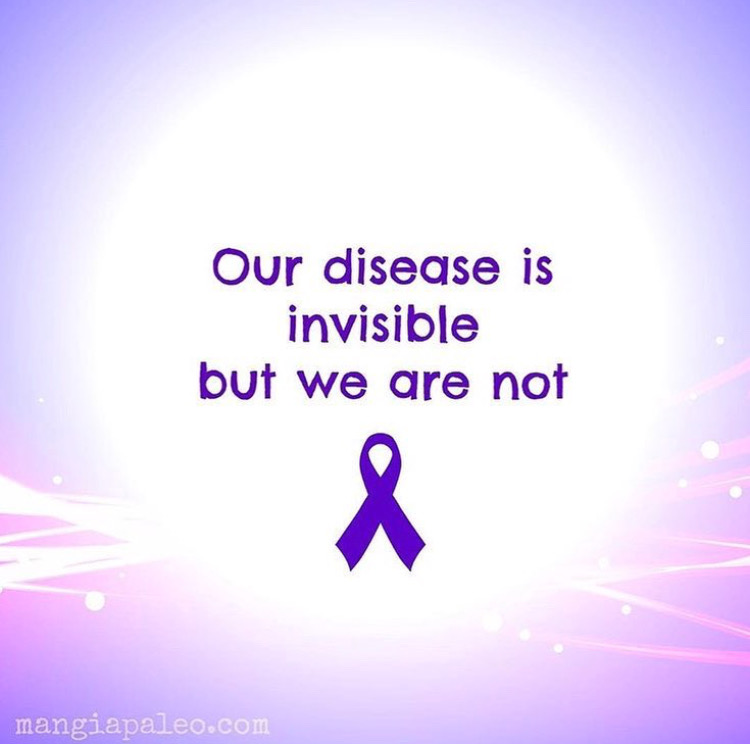
Accomodation
I can’t stress this enough: a majority of people that are on a gluten-free diet are not doing it because it is trendy or a fad. They do it because they simply have no choice. It’s either gluten-free or nothing. So, I ask you to stop assuming and leave your judgements behind. People are doing what they have to for their health. Sure, some places offer gluten-free options to cash in, but it helps when we’re looking for establishments to patronize.
I am not afraid to say that some of our own family members have not been accommodating. They will invite us to get togethers and literally not have a single thing that Nikki can eat. Sure, she can bring her own food, but it would be nice if they at least offered or made an attempt. Hell, I have a post on how to throw a dietary restriction friendly cookout. There are quite a few simple recipes that I’ve posted. It’s difficult enough as it is when it comes to food, make the effort to include them by at least offering to have something for them.
We’ve been very lucky to have some great friends who are understanding. They have told Nikki to pick where she can eat and they will find something. This may seem like a small gesture, but it’s an important one. It makes the person with an invisible illness feel understood and like they’re not a pain in the ass.
Understanding
As I just said, understating goes a long way. Believe them when they tell you they have an invisible illness. Believe them when they say they are in pain. If they make plans and then cancel because they don’t feel good, don’t get mad. When you go to a new restaurant, understand that they will want to try to find a menu online or may even want to send a Facebook message (I have done this for Nikki multiple times). If they don’t have time to look up a menu, be prepared for them to ask questions. Don’t make them feel like they’re taking too long or being difficult. You don’t have to deal with the consequences if they consume something they shouldn’t (not to mention if the person has Celiac’s or a food allergy, where it can literally be life threatening). I can’t stress how important it is to be understanding and compassionate.
There are support groups out there for many illnesses. There are also support groups for friends and family members. Don’t be afraid to ask questions. Make an effort to educate yourself and be more knowledgeable. If a loved one has an invisible illness, treat them with the same love, support, and compassion that you would for a person with any other illness.
While much of this post deals specifically with people that have IBS, the main ideas apply to anyone with an invisible illness.
If you think this post or Gluten-Free Spirited can be helpful for others, please feel free to share it. I also share recipes, restaurant recommendations, and have food guides. If you sign up for my mailing list, you’ll be alerted every time there’s a new post (no spam ever). You’ll also received a Beginner’s Guide to Dietary Restriction Friendly Essentials Checklist. Be sure to get social with GFS on social media utilizing the buttons below.
[bctt tweet=”We all need patience and understanding” username=”gfspirit”]

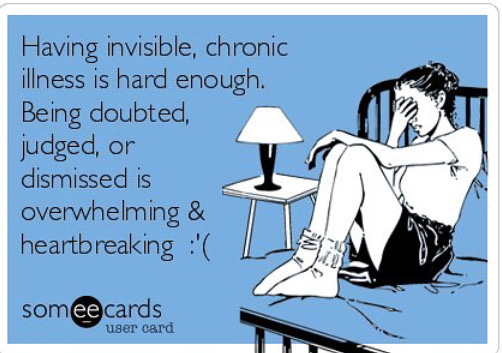
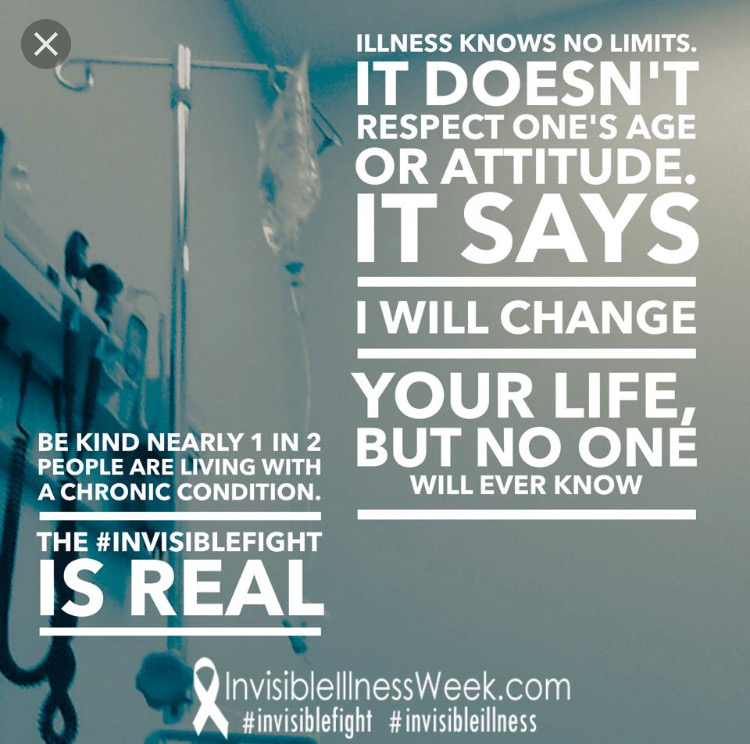
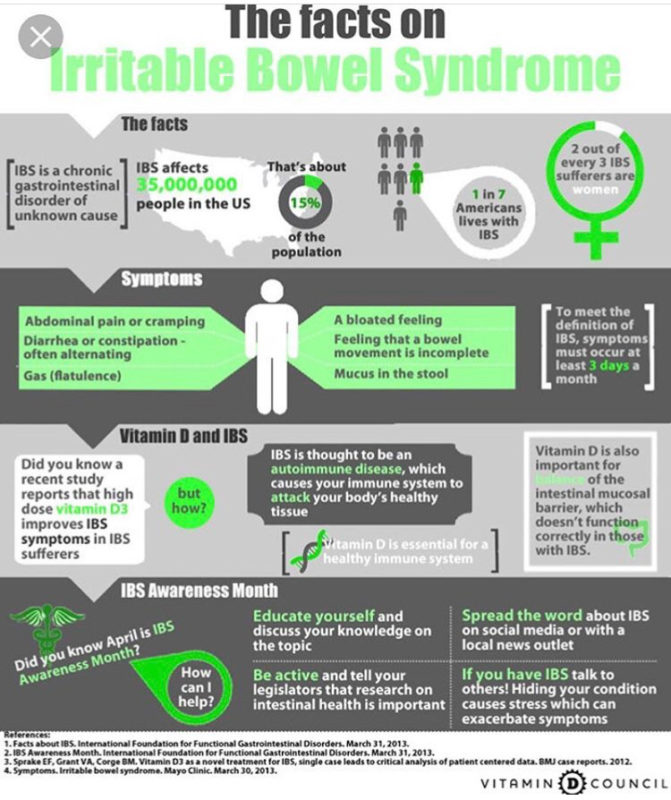
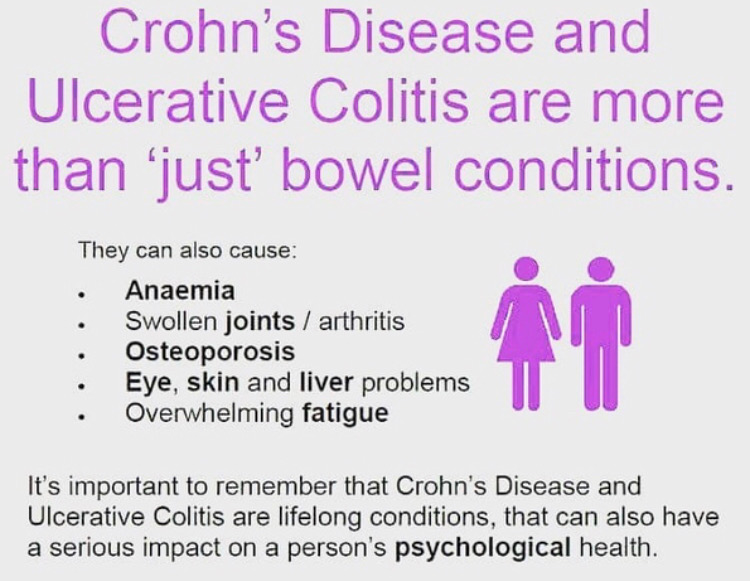
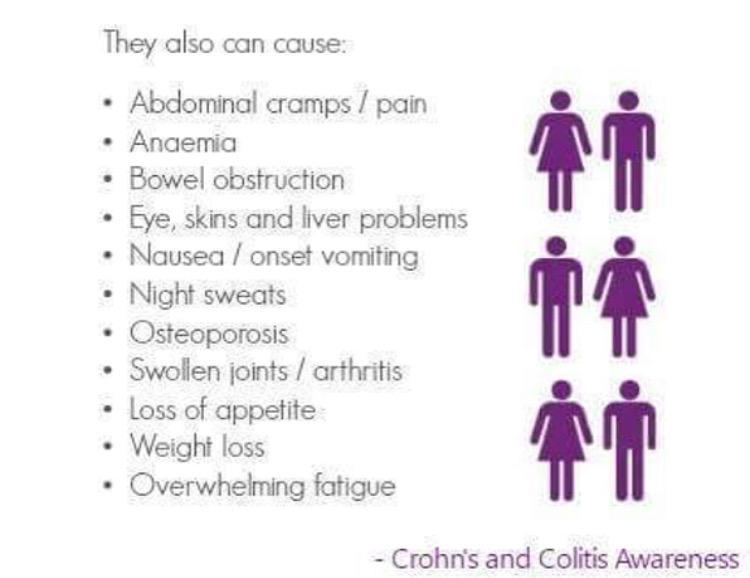
I teared up as I read this as I didn’t consider the invisible illness I deal with as important. I struggle with endometriosis like symptoms but doctors have ruled it out and everything else. They just say I have bad pains/cramps. Well, there are times when I just have to put my head down on my desk at work because I’m in so much pain. There are days when I can’t even sit still because of the pain. It feels like I’m having my son over and over again for multiple times a week. Thank you for this article. It’s made me not feel so guilty about my experiences.
Kesha, thank you for sharing your story. I can only imagine how frustrating it is to not have a diagnosis and for doctors to brush it off. You should not feel guilty. Your symptoms are real and you deserve to be believed. I hope you get answers (and relief/treatment) soon.
I think this is such an important post!! You don’t think much about stuff like this until you are knee deep in it, and I can only imagine how hard things are for your sister. I could almost see invisible illness as being at times harder than a visible one, just because at least people are more accommodating and understanding when it’s right in front of their faces. You’re such a great sister to do all of this and have started this blog! I’m sure it’s helping a lot of people!!
Thank you, Ayana! That really means a lot! <3 I hope this post brings awareness and helps others to understand that invisible illnesses are real and to treat them with the same respect and empathy as those with visible illnesses.
I have to admit that I was completely clueless about IBS until I started following you blog Sam. It’s been a huge eye opener for me. I’ve even gotten into the habit of checking packages to try an understand a little more, and no-one close to me has an eating disorder. Yuck even that word sounds so wrong 🙁 Disorder sounds so disempowering and after all that I’ve read about Nikki, she’s one amazing lady. So just a thank you from my side for opening up my eyes, the both of you and creating an awareness of what it means. Sending much love
Thank you for the kind words, Michelle! As much as I want my blog to be a resource for those with dietary restrictions for whatever reason, I also want it to bring awareness. So many people simply just don’t know & most don’t until they know someone or go through it themselves. Understanding & compassion go a really long way.
I appreciate you spreading the awareness. It is a good rule of thumb to treat everyone with kindness. We really never know what they might be going through.
❥ tanvii.com
Thank you, Tanvi! I wholeheartedly agree.
It’s not easy. Fortunately, there is more awareness these days about coeliac and IBS, and a lot of restaurants/people are accommodating. Sorry to hear your family members aren’t always.
Thank you, Elizabeth. The more awareness, the better. It encourages understanding & empathy.
I think you hit the nail on the head when you say “We all need patience and understanding”, empathy plays a huge part in dealing with mental health, you have to put yourself in someone elses shoes and think about how you would want to be treated if this was you.
Absolutely, Elizabeth! Empathy goes a long way.
Thanks for the write-up. I always tell people because you have an invisible illness doesn’t mean you and invisible, do well to take good care of yourself, very few listens.
That’s so true, Olayiwola! I hope more people understand that.
Thank you for sensitizing the public, people have to be aware that because they have invisible illnesses doesn’t mean they are invisible
This is a great reminder. It’s can be hard to understand other’s experiences but patience and kindness goes a long way.
It really can, Katie. 🙂
Thank you for sharing, this is SO important! I struggle with depression and will be sharing this article with several family members. This approach is so refreshing.
You’re welcome, Sarah! I’m glad that you’re sharing with it with others and I hope that it helps them to understand what you’re going through.
What you do with your blog is so important! raising awareness about invisible illness is a VERY IMPORTANT thing. I have had endometriosis for 19 years, but I only got a sound diagnosis two years ago. I believe, that the job social media and associations, and blogs like yours, are doing in raising awareness on invisible illness is what eventually help things improve, favor an earlier diagnosis, make people discuss about it, bring laboratories to come up with better treatments. It’s all the matter.
Thank you, Nati! I really appreciate that! <3 I can't imagine how hard it is to have an undiagnosed illness for so long. That must've been a nightmare. I have friends with various invisible illnesses and it took them way too long to be diagnosed. Awareness is SO important for all the reasons you mentioned.